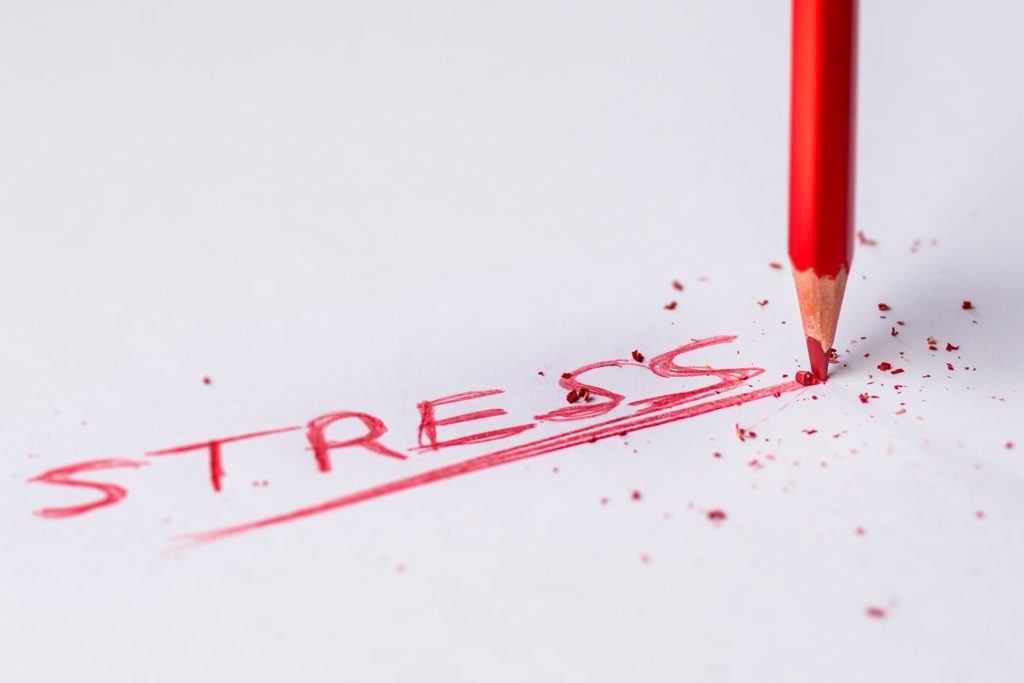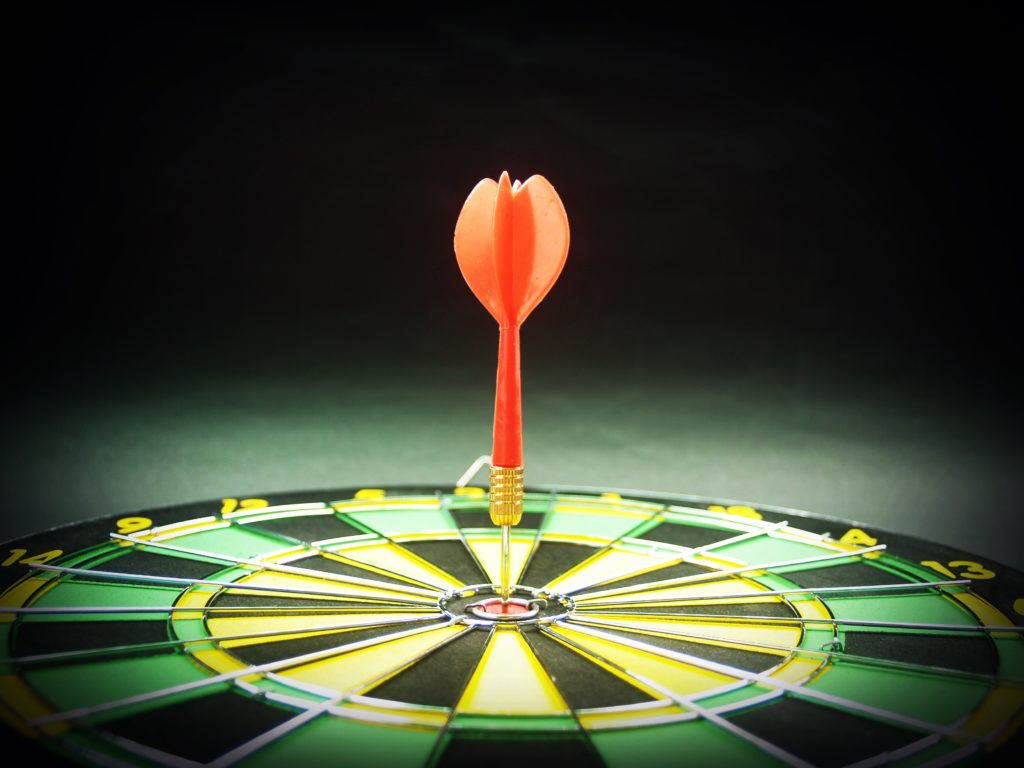
I am writing this in Bloomington, IN after an amazing week at the Mindfulness-Based Wellness and Pedagogy workshop with Frank Diaz, finishing up my certification. Throughout the week we enjoyed many excellent articles and videos, but one really stood out to me. It was called, “How to make stress your friend” and was presented at TEDGlobal 2013 by Kelly McGonigal.
The argument she makes with a myriad of data and supporting research, is simply that stress is not the issue, it is our response to stress that causes the real problems. We are programed to believe that stress is bad, but our body’s natural responses to stress are designed to help us survive intense situations. McGonigal suggests that our stress responses can actually help us in the way they were intended to, if we change the way we view them.
I think most of us can recall a moment when we were heading toward a stress-inducing situation: a big solo in an orchestra, a difficult exam, or an important presentation at work. If you recall one of these situations, you might even start to feel some of the physiological responses that typically arise, such as increased heart rate, perspiration, and even feelings of wanting to run away. My typical response to this used to be to try and push the feelings of stress or nervousness away, forcing them into the background. But this never really helped.
Something Frank Diaz suggested this week at the WBMP workshop was instead of trying to fight with difficult emotions, just dance with them. Let them be and examine them with curiosity, letting the feelings of fear or stress be as they are. If you can learn to dance with your stress, the sensations naturally become less intense and you can redirect attention to the task at hand.
This approach has been extremely powerful for me in the last year. I don’t always succeed, but my overall relationship with stress has become less overwhelming and much more congenial. So next time the feelings of stress start to arise in you, take a step back to look more fully at them, and see if simply letting them be offers a more helpful outcome.

